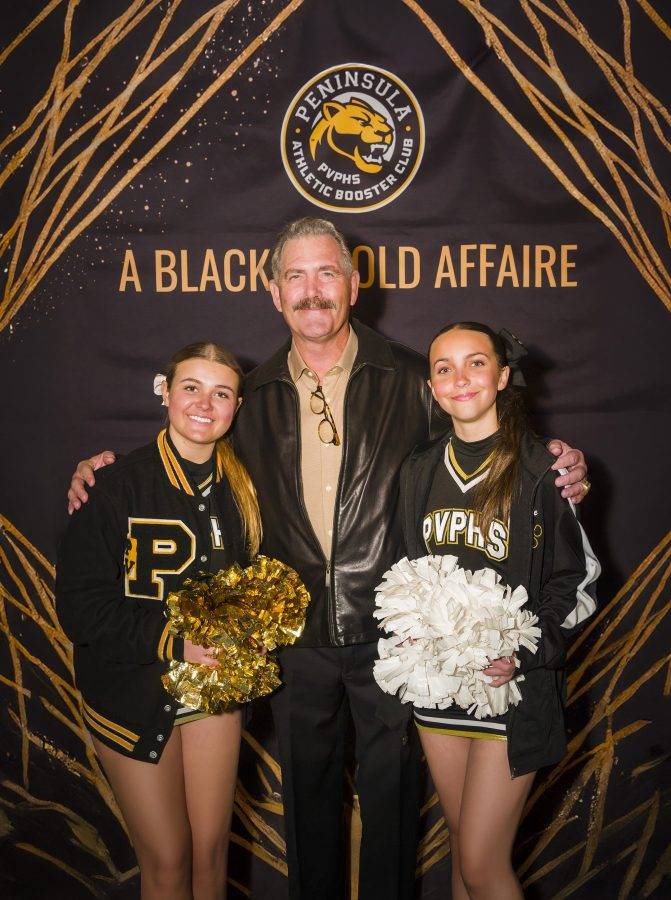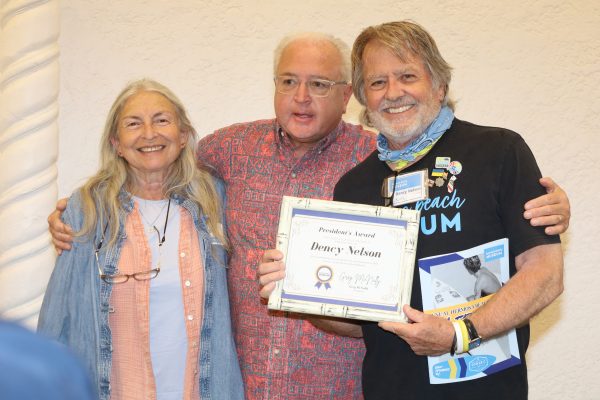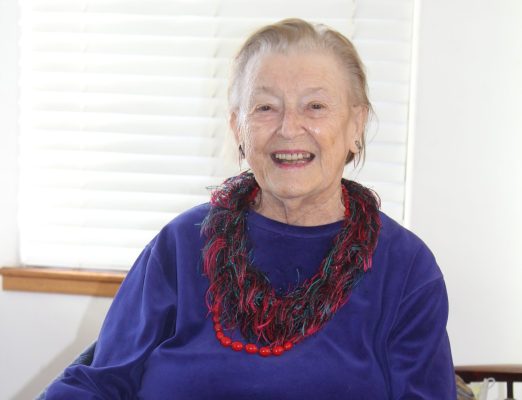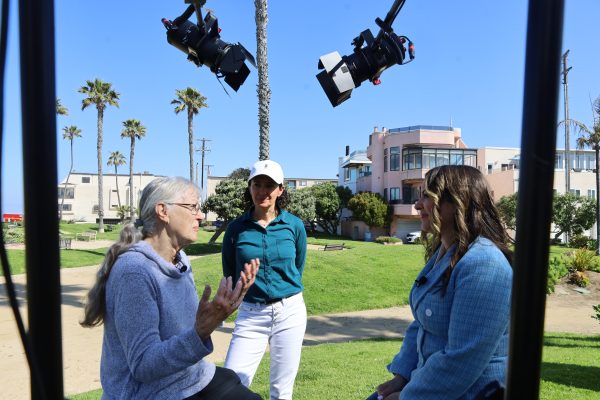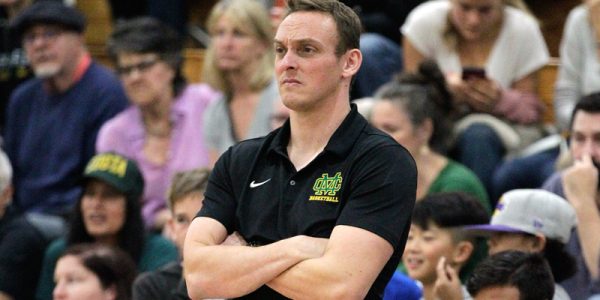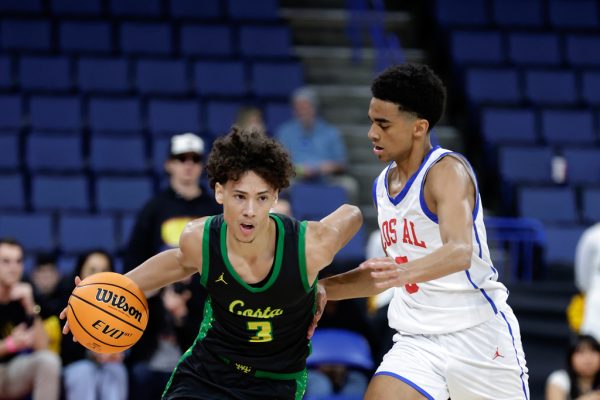After 16 years in the Major Leagues, the Rolling Hills High catcher starts second career as coach and hitting ‘whisperer’
by Chelsea Sektnan
Former Major League Baseball catcher and longtime Palos Verdes resident Don Slaught was inducted into the Peninsula High Athletic Booster Club Hall of Fame at a fundraiser on March 7 at the Palos Verdes Golf Club. The Rolling Hills High School Class of 1976 graduate was recognized for his athletic achievements, contributions to Peninsula High School, and lasting impact on the community.
Slaught played in the Major Leagues for 16 seasons, where he was known as “Sluggo.”
“Glenn Mickens, a former MLB pitcher and my coach at UCLA, gave me the nickname because, he told me, ‘All you want to do is hit.’”
Slaught fell in love with baseball while watching games at the Valmonte Fields.
“I grew up right across from the flagpole and the Little League fields,” Slaught said. “Since I was five, I’d go watch the teams play. Even before I was old enough to join, I’d practice with them.”
Despite his early love for the game, Slaught recalled that no coach ever told him he would make it to the big leagues.
“But I believed I would,” he said.
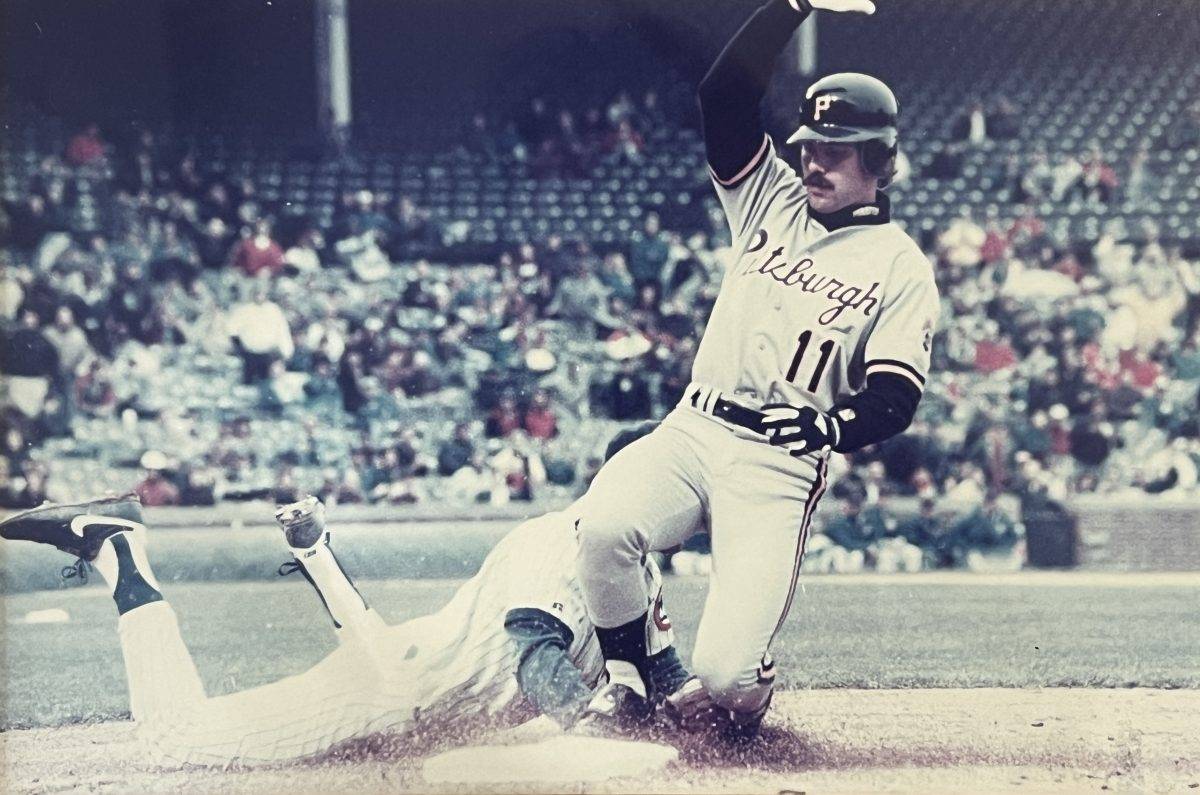
At Rolling Hills High School, Slaught played both catcher and quarterback and was named Athlete of the Year.
Slaught played college baseball at UCLA before transferring to El Camino College for more playing time. He then returned to UCLA as a junior, where he excelled.
“All of a sudden, I became good,” Slaught said. “I won a batting title, broke the school record for batting average, and was captain of the baseball team.”
His performance led to a professional contract, and after two years in the minor leagues, he made it to the major leagues with the Kansas City Royals in 1982.
Slaught went on to play for seven Major League teams, including the Texas Rangers, New York Yankees, Pittsburgh Pirates, California Angels, Chicago White Sox, and San Diego Padres, before retiring in 1997.
After his professional career, Slaught returned to Palos Verdes and began coaching at Peninsula High School, where he spent six years.
“My old high school coach, Gary Poe, called and said, ‘Practice starts Wednesday.’ I never thought I’d coach, but I went out there and fell in love with it,” Slaught said.
As a coach, Slaught realized many young hitters struggled to understand mechanics through verbal instruction alone. That realization led him to create RightView Pro, the first video analysis system licensed by Major League Baseball and the MLB Players Association. The system allowed players to compare their swings with professional hitters and analyze the mechanics in slow motion.
“I called Major League Baseball and told them, ‘There’s a lot of bad information out there. Kids are being taught to squish the bug, swing down on the ball—it’s holding them back,’” Slaught said. “I asked for footage of the best hitters, slowed it down, and shot from precise angles, so kids could see the right mechanics.”
Slaught’s technology has since been used at all levels of baseball and softball, influencing thousands of coaches and players. He estimates RightView Pro has contributed to 20 national championships in Division I baseball and softball.
Sue Enquist, a UCLA softball legend, 11-time national champion coach, and National Fastpitch Coaches Association Hall of Famer, recalled being skeptical when Slaught first approached her about his video system.
“To be honest, I was not really buying in at that point in time,” Enquist said. “I mean, we had been a perennial national champion. We had won eight times already. At that point, I was kind of tweaking things.”
But after meeting with Slaught and reviewing his work, she was convinced.
“Eight hours later, I was transformed,” she said. “He broke down the principles of the swing and basically said baseball and softball swings are virtually identical. He created an educational system around it, and that changed everything.”
Enquist, who competed fiercely against former Arizona coach Mike Candrea for years, said Slaught’s work even united rival coaches.
“Mike was my biggest competitor, and I would give up my firstborn to beat his team,” Enquist said. “But Don’s work brought us together.”
Candrea, a two-time Olympic gold medalist, said Slaught helped standardize hitting instruction.
“He created a common language for coaches. Before, everyone had their own ideas, and hitters would get different messages. Don standardized it with video, and that changed everything,” Candrea said.
Jim Leyland, Slaught’s former manager with the Pittsburgh Pirates, praised Slaught’s intelligence and work ethic.
“You’ll never meet a better guy,” Leyland said. “He was easy to manage, smart about hitting, and he taught me things about hitting too.”
Glenn Thompson, a member of the Peninsula Athletic Booster Club, spoke about why Slaught was selected for the Peninsula Hall of Fame.
“We looked at how much Don has given back to the school and the community,” Thompson said. “He stood out as an athlete, but also as someone who keeps coming back to support Peninsula High School.”
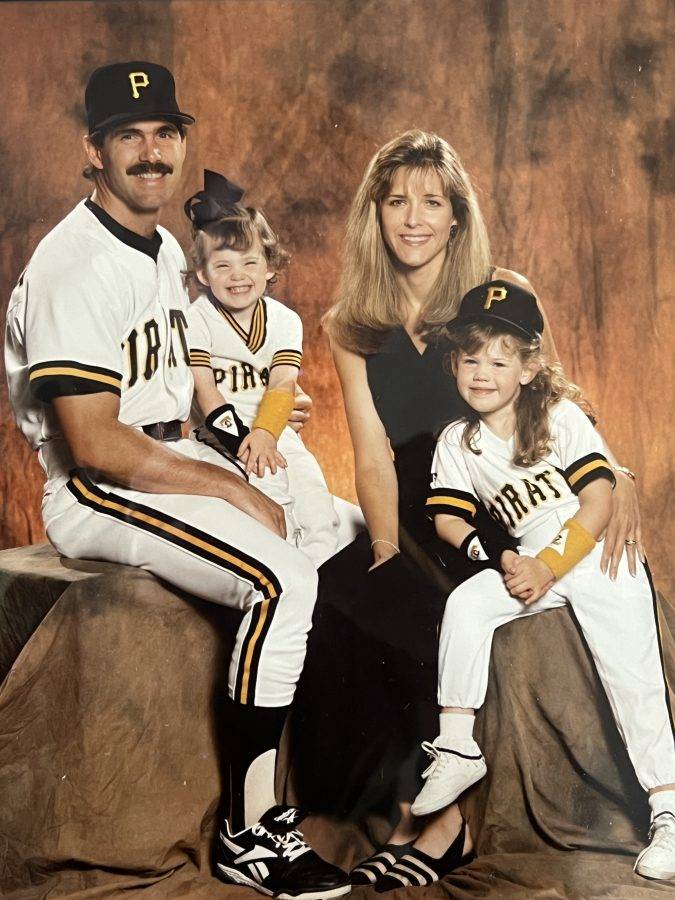
Slaught’s dedication and drive have been evident throughout his life, said his wife, Sandy Slaught. The couple has three daughters and a son.
“He is very passionate and determined,” she said.
His passion extended to his coaching career, where he thrived on helping young players.
“There was a moment when I realized that the light bulbs were going off in the kids’ eyes,” Slaught said. “And that made me happy.” Pen

